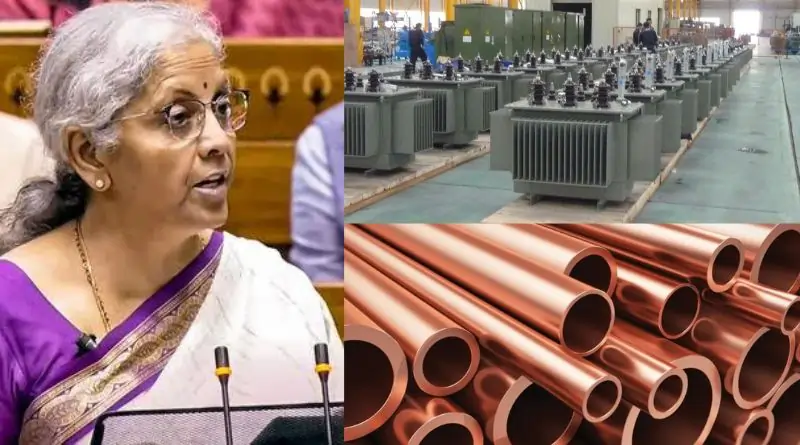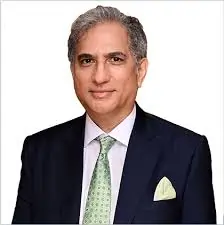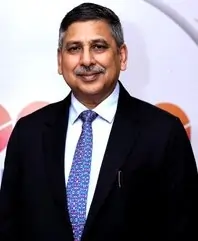
Duties on Key Electrical Raw Materials Slashed, Budget to Boost Manufacturing: IEEMA
Union Budget 2024-25 has slashed customs duty on key Electrical industry raw materials such as Copper and Cold Rolled Grain Oriented (CRGO) Steel.
Further, top brass at the Indian Electrical & Electronics Manufacturers’ Association (IEEMA) has reacted positively to the Union Budget 2024, expressing that the new Budget may boost the Indian manufacturing sector.
Customs Duty on Blister Copper, Scrap Copper Imports Slashed
Among the key announcements for the electric manufacturing segment were slashing of customs duties on raw materials, in particular on the import of blister Copper and Copper scrap. The Basic Customs Duty on blister Copper has been reduced to nil from the earlier 5%, and that on Copper scrap has been reduced to 2.5%.
Interestingly, a June 2024 report by Statista pegs India as the third largest importer of Copper scrap after China and Germany. In 2023, India imported 310.7 thousand metric tonne of Copper Scrap. This scrap, after recycling, is used to manufacture electrical equipment.
Indian Finance Minister, in her Budget speech said,“To reduce their cost of production, I propose to remove the Basic Customs Duty (BCD) on Ferro-Nickel and blister Copper. I am also continuing with nil BCD on ferrous scrap and Nickel cathode and concessional BCD of 2.5 per cent on Copper scrap”.
Blister Copper is an impure form of Copper which undergoes subsequent purification, and thereafter finds applications in manufacturing of a wide range of electrical equipment such as wires, cables, tubes for Heating, Ventilation, and Air Conditioning (HVAC) systems, and more.
Electrical Steel Exempt from Basic Customs Duty till FY-27
Nil BCD on Cold Rolled Grain Oriented (CRGO) Steel has been extended till 31st March 2026. CRGO Steel is used in manufacturing essential electrical components including transformer cores, motors, and generators. ThyssenKrupp Electrical Steel India Pvt. Ltd. (TKES India) is the sole producer of CRGO Steel in India, and produces about 50,000 tonne at its Nashik plant. Out of this, the company also exports electrical steel.
India’s annual CRGO steel demand is estimated at 3,25,000 tonne. JSW Steel and Japan’s JFE Steel in a joint venture (JV), are currently working to establish a CRGO Steel manufacturing facility which is expected to be commissioned in 2027. With limited domestic manufacturing unable to address local demand, India often faces shortage of CRGO Steel.
Union Budget 2024-25: A Pro-Manufacturing Budget – IEEMA Top Officials

Expressing his opinion on the Union Budget, Mr. Hamza Arsiwala, President, IEEMA, said, “I am glad to highlight that out of the nine priority areas identified by the government energy security, infrastructure, innovation, employment & skilling, R&D and manufacturing are among the government’s key focus areas”.

Mr. Arsiwala also said that exemption of 25 key minerals including Lithium, Copper and rare earth metals from any Basic Customs Duty (BCD) will “strengthen the manufacturing of electrical and renewable equipment”.
Mr. Sunil Singhvi, President Elect, IEEMA, added that the announcement to develop 12 industrial parks under the National Industrial Corridor Development Program will facilitate growth and manufacturing operations in various Indian states.

The Union Budget’s pro-manufacturing character was re-iterated by Mr. Vikram Gandotra, Vice President, IEEMA. He lauded the announcement of financial and technical support to MSMEs and “labour-intensive manufacturing sectors”. Mr. Gandotra mentioned “revision of the Mudra Loan limit to Rs.20 lakh, the opening of 24 new SIDBI branches in MSME clusters, and e-commerce export hubs for MSMEs and traditional artisans” as important steps in favour of the manufacturing sector. He added that the Budget’s prioritisation of energy transition and emission-reduction in hard-to-abate sectors will result in investments in “…cleaner technologies such as electrification in place of fossil fuel-based processes”. He also supported the exemption of 25 key elements from customs duties, labelling them as a “booster shot for manufacturing players” in the Renewable Energy, Nuclear, and Space technology sectors.
